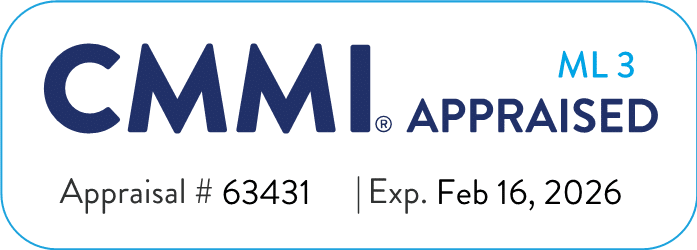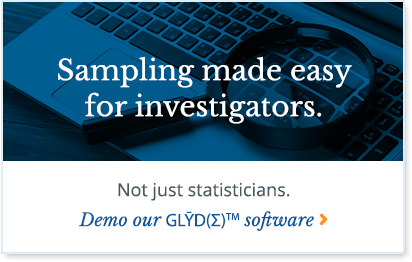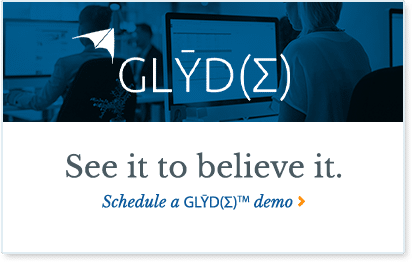Paulo Macedo and Sewit Araia of Integrity Management Services (IntegrityM) will present an overview of data analytics methods used in fraud detection, giving users a greater confidence to identify patterns of behavior and an in-depth understanding of the algorithm behind predictive modeling. This interactive and informative workshop will take place during The NHCAA’s Annual Training Conference and Anti-Fraud Expo on Friday, November 18, 2016 in Atlanta.
For example, predictive modeling — a concept used to create a model of future behavior — may be applied across many fields. Is a provider repeatedly billing incorrectly, testing the strength of a system? Are specific variables likely to increase turnover of a staff? Predictive modeling uses patterns to identify future actions. While this may sound complex, with a strong foundation and the proper tools, predictive modeling can become an intuitive practice.
However, the use of this model does not have to come with a hefty price tag and the absence of advanced statistical programs should not be a deterrent. In a step-by-step demonstration, Paulo and Sewit will demonstrate how Excel can be utilized to apply the method of predictive modeling. High-level concepts will break down into a relatable, intuitive approach.
About the Presenters
Dr. Macedo is an expert in statistical and econometric modeling with extensive experience in analyzing data using a range of statistical frameworks to test hypotheses about fraud, including standard methods in the health care industry as well as approaches from other industries. Dr. Macedo holds a Ph.D. in Economics from New York University, and previously taught Economics and Statistics in Brazil and in the United States.
Ms. Araia is a data manager/statistician with diverse knowledge and expertise in Medicare and Medicaid claims, public health-related, vital statistics, and socioeconomic/ demographic data. She has extensive experience in conducting proactive FWA (Fraud, Waste, and Abuse) studies using advanced data mining techniques and predictive modeling in identifying potential fraud in Medicare and Medicaid data. She holds a Master in Public Health from West Virginia University and previously served as a research assistant in the Department of Community Medicine at West Virginia University, and as a guest researcher at the National Institute for Occupational Safety and Health (NIOSH), part of the Centers for Disease Control and Prevention (CDC).











